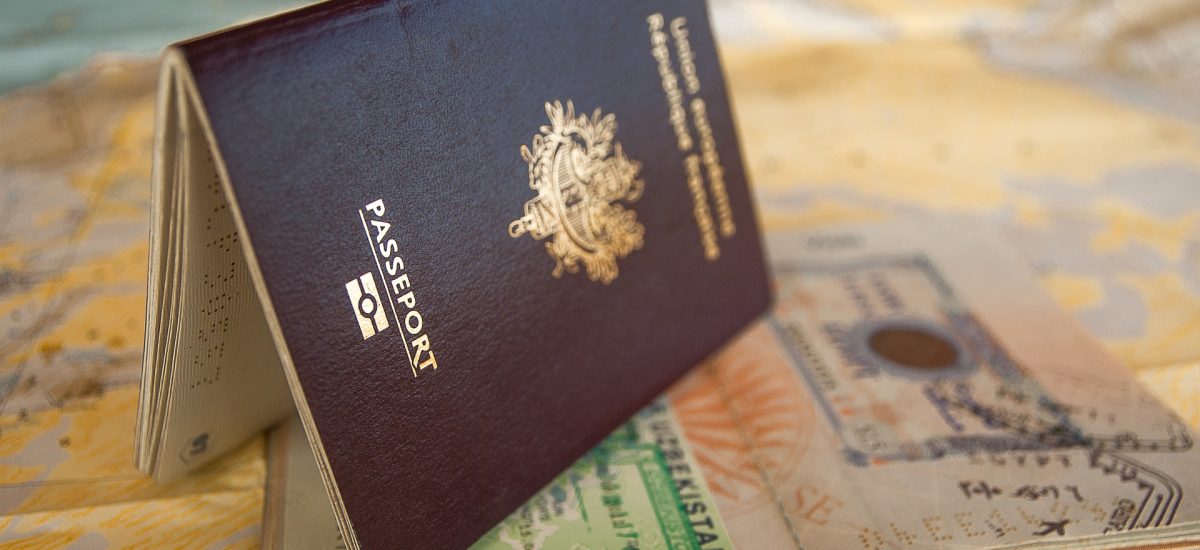A Joint Stock Company is a company whose share capital is divided into shares that have one or more shareholders who are not responsible for the company’s liabilities. Consequently, a Joint Stock Company is responsible for its liabilities with all its assets. Beside this general information there are many other that are important and have to be taken into account when we are answering on the question how to register a Joint Stock Company in Serbia.
What documents are needed to complete this procedure?
List of documents that are needed to complete this procedure is quite long one. Therefore, here we will just mention them, and we will not go through every document. Having said that, the list of needed documents is as follows:
- Registration Application for the establishment of legal entities and other entities and entry in the unique register of taxpayers – joint stock company,
- Founding Act of the Company with certified signatures of members of the Company,
- Memorandum of Association of the Company signed by the members of the Company,
- Credit Institution’s Confirmation of the paid-in shares in cash, or the valuation of an authorized non-cash value appraiser or a certificate from the competent authority of the non-cash value assessment in accordance with the law,
- Several different Decisions, for all facts not stipulated by the Founding Act,
- Proof of payment of the state fee.
Shareholders who are founding a Joint Stock Company must sign the Founding Act, and their signatures are certified in accordance with the law governing the certification of signatures before the Public Notary. The founding shareholders also sign the first Memorandum of Association.
What is the minimum share capital of a Joint Stock Company in Serbia?
Subscribed shares that are paid in cash in accordance with the founding act shall be paid prior to the registration of the establishment in a temporary account with a commercial bank in the Republic of Serbia. Prior to the registration of the company, the shareholders who set up the company are obliged to pay or deposit deposits representing at least 25% of the share capital, whereby the paid-up amount of the cash part of the share capital may not be lower than the amount of the minimum share capital amounting to 3.000.000,00 RSD ( around 25.500,00 EUR).
What does the Memorandum of Association have to stipulate?
The Memorandum of Association of a Joint Stock Company contain in particular:
- Business name and registered office of the company,
- Predominant activity of the company,
- Information on the amount of subscribed and paid-up share capital, as well as data on the number and total nominal value of authorized shares, if any,
- Essential elements of the issued shares of each type and class in accordance with the law governing the capital market, and in the case of shares that do not have the nominal value and the amount of the share capital for which they have been issued, or accounting value, including any obligations, restrictions and privileges related to each class of actions,
- Types and classes of actions,
- Special conditions for the transfer of shares,
- The procedure for convening a General Assembly,
- Determining the organs of the company and their scope, the number of their members, regulating in more detail the manner of appointment and recall of these members, as well as the decision-making methods of those bodies.
- Other information in accordance with the Company Law or other competent Law.
If you need any additional information on how to register a Joint-Stock Company in Serbia, or you wish to know more on this topic in general, feel free to contact our team.














